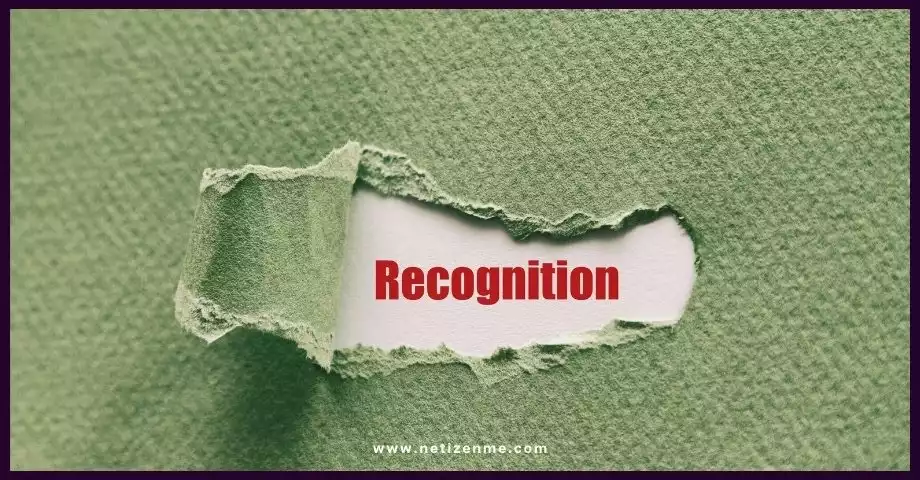Recognition is remembering in psychology characterized by a sensation of awareness when something already experienced is seen again; in such circumstances, a correct response can be identified when presented but may not be repeated without such a trigger. In other words, it is a mental response to previously encountered or learned but now unperceived information.
What is Recognition?
However, acquaintance does not ensure recognition. For example, if a person meets someone they remember but does not identify at first look, that person may still go unnoticed till that person shouts their name. Therefore, a mental link between what was seen or overhead and other information or experience about that individual is also required. This is referred to as a “recognition memory.” The mental link may be so powerful that you cannot forget it since it is the foundation for identifying that individual in future interactions (Du Plessis, 1994).
Failure to identify familiar persons or objects
Many parts of life, such as social contact, education, job screenings, and criminal inquiries, rely on it. Failure to identify familiar persons or objects frequently causes issues in several areas of life. For example, if a close friend or co-worker is not recognized, this might signal something is amiss with the connection. If a student fails to identify the instructor who has just spoken, it may indicate that the kid did not gain anything that day. Furthermore, failures to identify familiar individuals or things are frequently used as testimony in court.
Recognition memory
Recognition memory refers to the capacity to perceive a stimulus or a scenario experienced earlier as familiar. This is distinct from recall memory, which is the ability to recreate or explain an experience. It is possible to have either explicit or implicit recognition memory. Explicit recognition requires reflecting on what was learned and responding to questions about it, but implicit recognition does not. For example, suppose anybody observes a car in a parking lot and comes later to find it still there. In that case, they have implicitly identified it while not being conscious of it when they initially saw it. Both education systems and criminal prosecutions rely heavily on recognition memory.
In education, it assists pupils in determining what they know and don’t know before taking examinations. During police investigations, eyewitnesses may be questioned if they have previously seen a particular piece of evidence. If they respond “yes,” they officially acknowledge it (Rugg & Yonelinas, 2003).
Check the following reference articles to learn more about what is recognition
Rugg, M. D., & Yonelinas, A. P. (2003). Human recognition memory: a cognitive neuroscience perspective. Trends in cognitive sciences, 7(7), 313-319.
Du Plessis, E. (1994). Recognition versus recall. Journal of Advertising Research, 34(3), 75-92.
This article is written by:
Our professional writers and editors are passionate about sharing high-quality information and insights with our audience. We conduct diligent research, maintain fact-checking protocols, and prioritize accuracy and integrity to the best of our capacity.
You can cite our articles under the author name "Netizenme"





